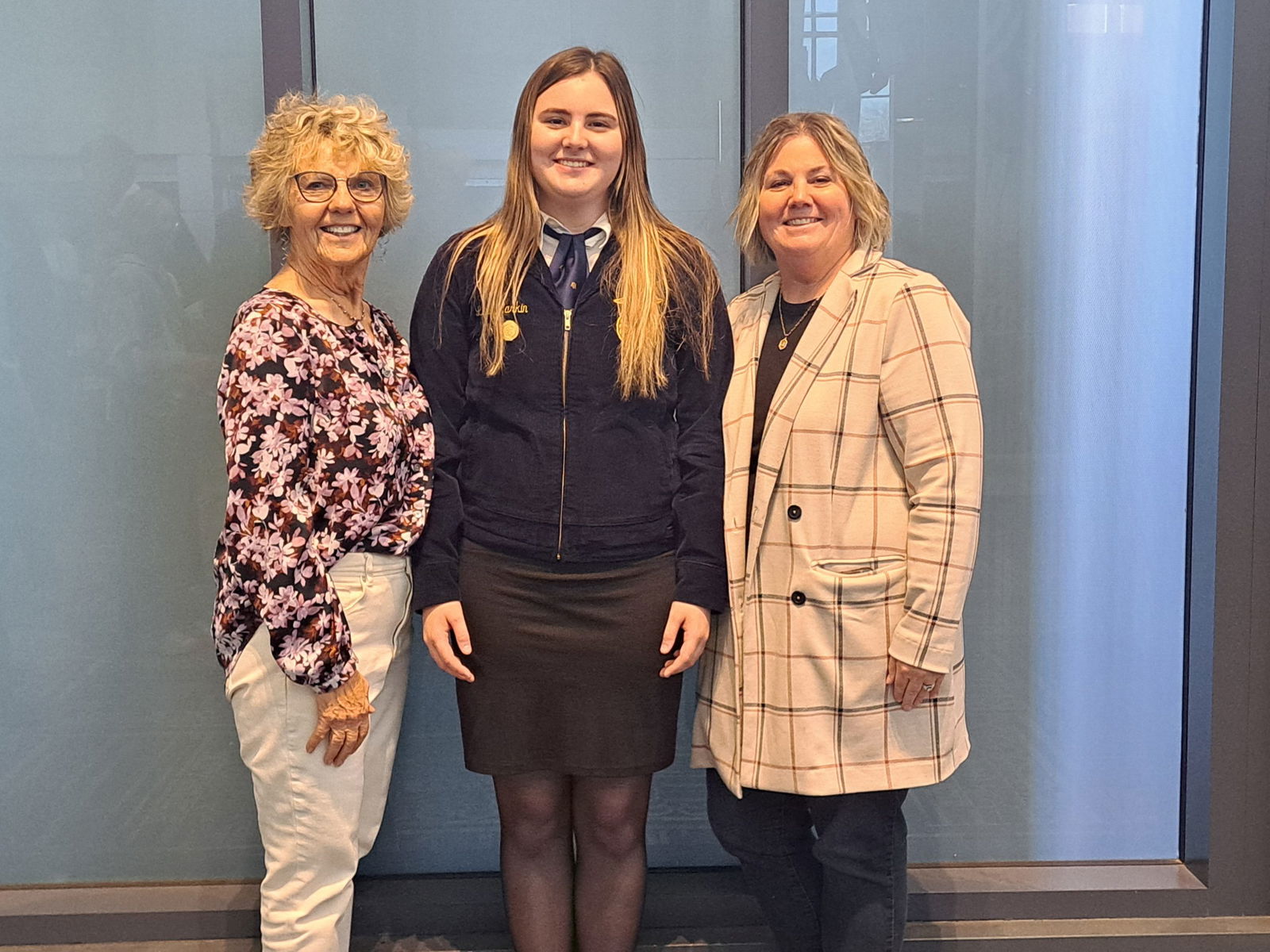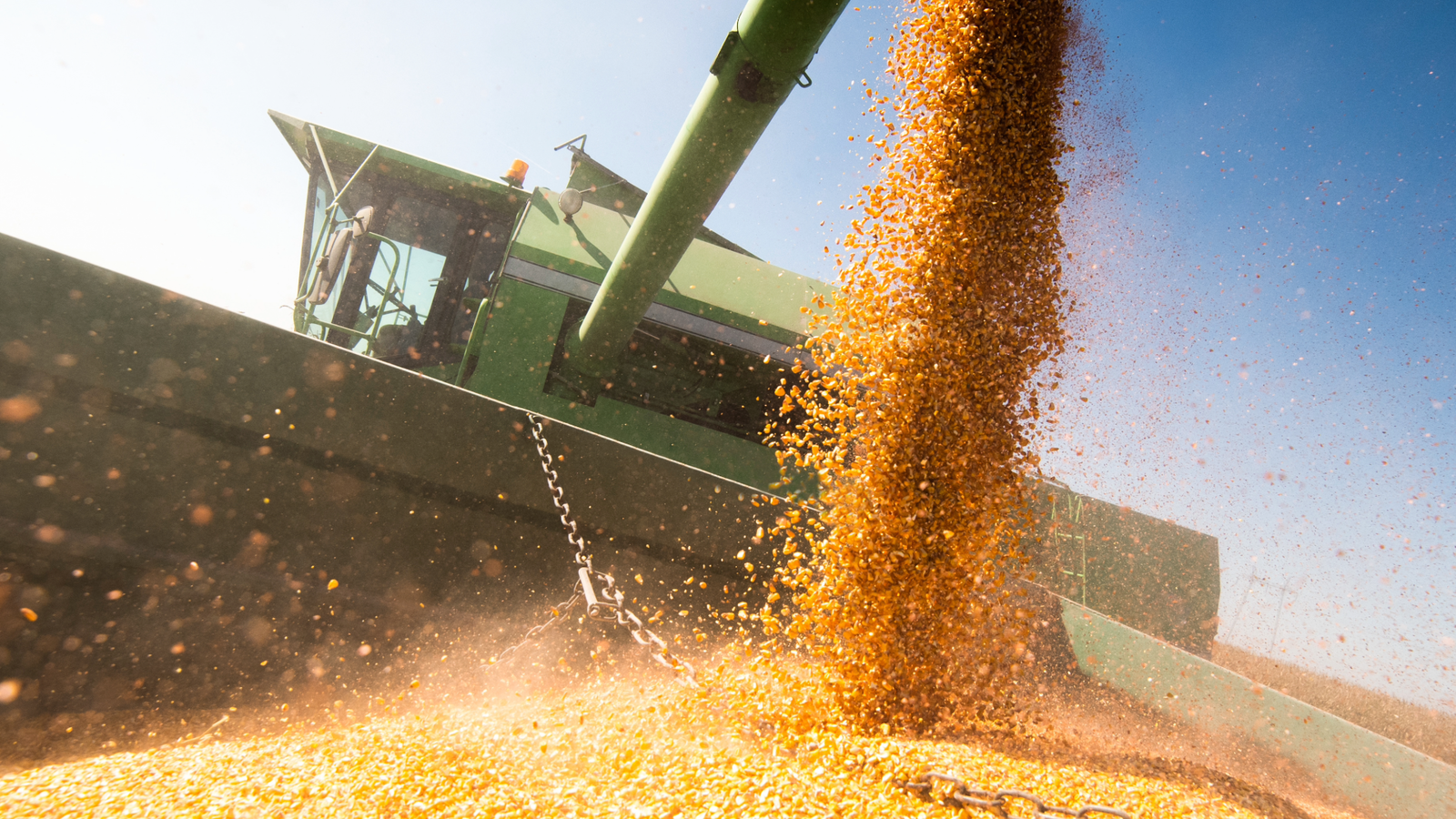About 10 years ago, Josh Jeske hit a rough patch of soil on the 1,300+ acres he farms with his family near Eldora, Iowa.
“I was doing tillage in the field, but the tractor would pull really hard in some areas,” said the fifth-generation farmer. “Mainly, it was the areas we drive all of the time – the ground tends to get packed down more where you enter next to the field because of that repeat traffic.”
Soil compaction, which is a reduction of pore space within the soil, was the culprit. It’s often caused by heavy equipment or foot traffic, resulting in increased density and hardness, and can hinder water infiltration, root growth and overall soil health.
“I could tell that we weren’t really achieving any kind of agronomic benefits from subsoiling that we were after,” said Jeske. “And, over the years, I could see how easily our yields were dependent on weather. So highly, highly subjective to droughts and floods – they would really, really hurt us because we didn’t have any moisture holding capacity.”
“To put it short,” he continued, “our soil was in bad shape.”
Jeske sought solutions, initially using a penetrometer to test for soil compaction on his farm, but finding the device inefficient and lacking. It wasn’t giving him the answers he was after – mainly a detailed map that could help determine ideal tillage depth – and even avoid areas where tillage wasn’t needed.
What he wanted wasn’t available on the current market. Then, he thought, what if he could create something that was?
“My original idea was to build a sensor that you could put directly onto the tillage implement,” said Jeske, who was able to develop the idea further when he decided to participate in the Iowa State University Innovation Prize as an undergraduate. (Jeske graduated in 2021 with a major in agriculture and life sciences and a minor in entrepreneurship, agriculture communications.)
The ISU Innovation Prize is like the popular show “Shark Tank.” It’s an incentive-based competition co-hosted by the College of Agriculture and Life Sciences’ Agricultural Entrepreneurship Initiative and the Iowa State Pappajohn Center for Entrepreneurship.
Jeske was paired with a team of other participants and mentors that included entrepreneurial marketers, technology specialists and business people who helped him shape his idea into a tillage solution that combined hardware and software, allowing a farmer to put a sensor on tillage equipment to see – in real-time – the tillage needs of that particular field.
Jeske won the AgTech focus area of the competition, sparking the beginnings of his company, Terraform Tillage, which currently offers two products under its umbrella:
• Tillage Tuner, which can be retrofitted to nearly any coil-spring based tillage implement, provides a soil compaction map with every tillage pass.
• Smart Probe System, which pairs the traditional compaction tester with smartphone technology to track areas of a field’s compaction.
Both tools are currently available for free, and he’s looking for more farmers interested in testing both on their fields for further development.
His success has, for now, been completely homegrown – and spread by word of mouth. To date, his products are being used in 30 countries and over 200 users have signed up in the past nine months. But he hasn’t done it alone. While Jeske serves at the helm of Terraform Tillage, he’s fortunate to have a great group of friends, family members and independent contractors who’ve helped him with software development, marketing and more, noting that funding, for the moment, has also been completely “bootstrapped.”
“We haven’t taken an investor dollar yet, but we’ve had some very generous offers,” noted Jeske.
For Terraform Tillage, the future is wide open as more farmers learn about the innovative technology and other industries like agroforestry and golf courses realize the tool can be utilized for their benefit.
“We even have the product used on soccer fields in Dubai,” said Jeske. “I’ve always been entrepreneurially-driven. I think most farmers are. I always felt like I had the potential to do something bigger – and I hope this is it.”


